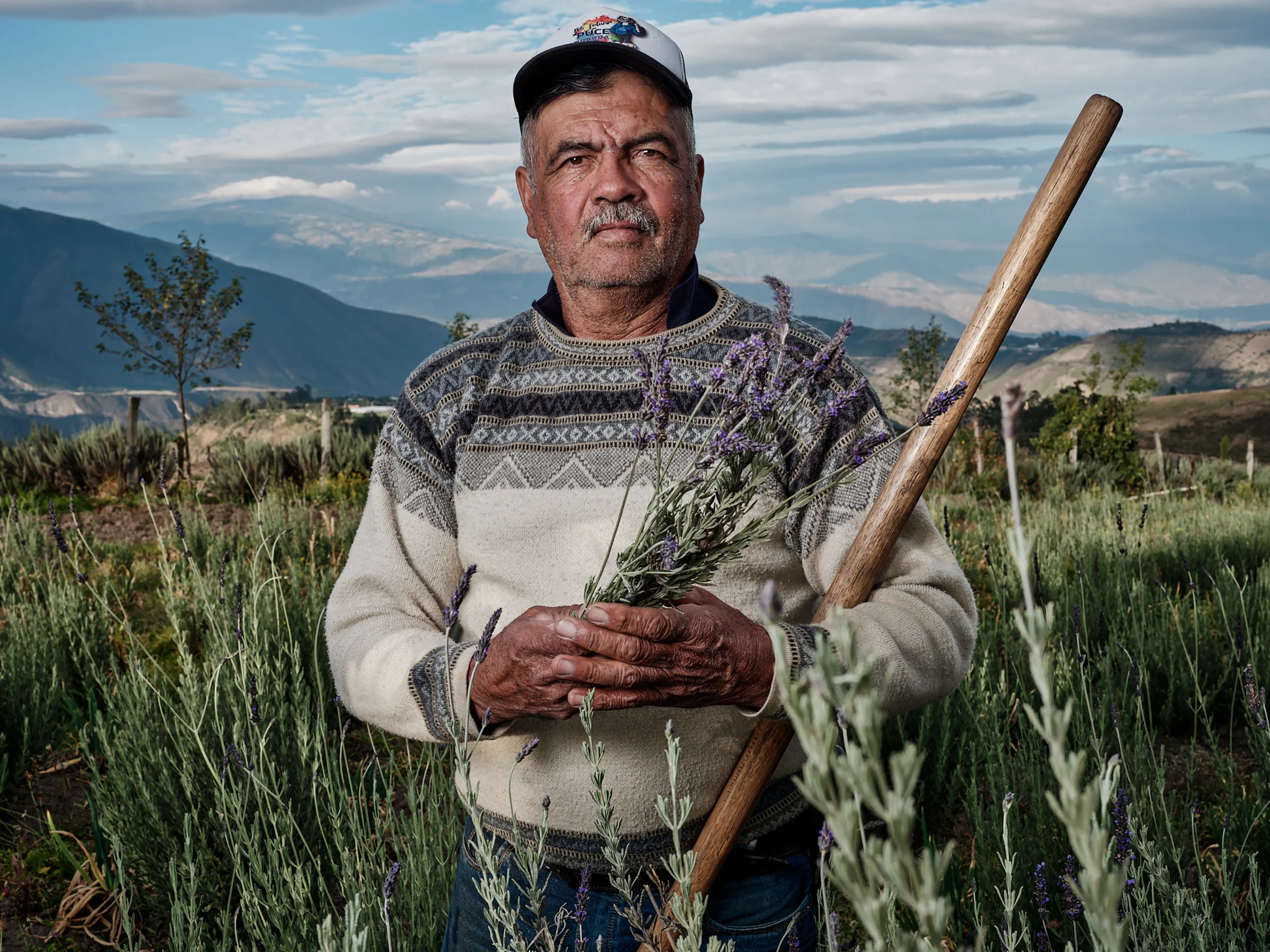
Ubaldo Almeida, 61, is a farmer living at 2,370 meters in the northwestern Andes, in the town of Cahuasquí, Ecuador. The town sits atop a table mountain that, along with its surrounding peaks, has been cultivated since Inca times and today serves as the breadbasket for Ecuador’s capital, Quito.
Water supply is a constant concern for all farmers here. Although the first water channels to deliver this precious resource to the highlands date back to the Inca era, climate change has made the supply increasingly unreliable, and illegal mining in the surrounding mountains presents yet another threat.
For Ubaldo, who shifted from traditional agriculture to the more lucrative cultivation of herbs for cosmetic use, the availability of clean water has become even more critical, since the family’s business is strictly organic.
What has climate change done here?
What has caused climate change in the world and in Kahuasquil? Well, climate change has occurred because humans have stopped caring for the earth. They have cut down many mountains, polluted the water, burned forests, used chemicals, and overexploited nature, as if it would never end. Here in Kahuasquil, we feel it clearly. Winters are not like they used to be. There is more drought, and sometimes torrential rains come and hit us hard, damaging crops. Plants are confused; they no longer bloom at the right time, and that also affects animals, since we live off the land. Before, we knew how to sow and harvest, but now we have to guess what the sky will bring.
What do you think world leaders have to do now to stop things from getting worse and to help us adapt?
My opinion is that world leaders need to stop talking nicely and start taking serious action, that they protect the earth as we protect our gardens, that they support small farmers and small producers. If we take care of water, sow with respect, and know how to live in harmony with nature, they should stop supporting the large industries that destroy and start listening to the people who have lived in harmony with the environment for centuries. They also have to invest in environmental education and real solutions such as clean technologies, more sustainable irrigation systems, and reforestation with native plants. It's not just about talking about climate change, it's about doing something.

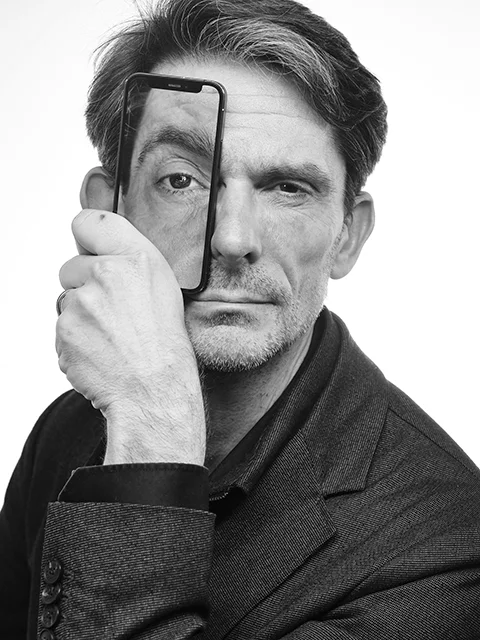
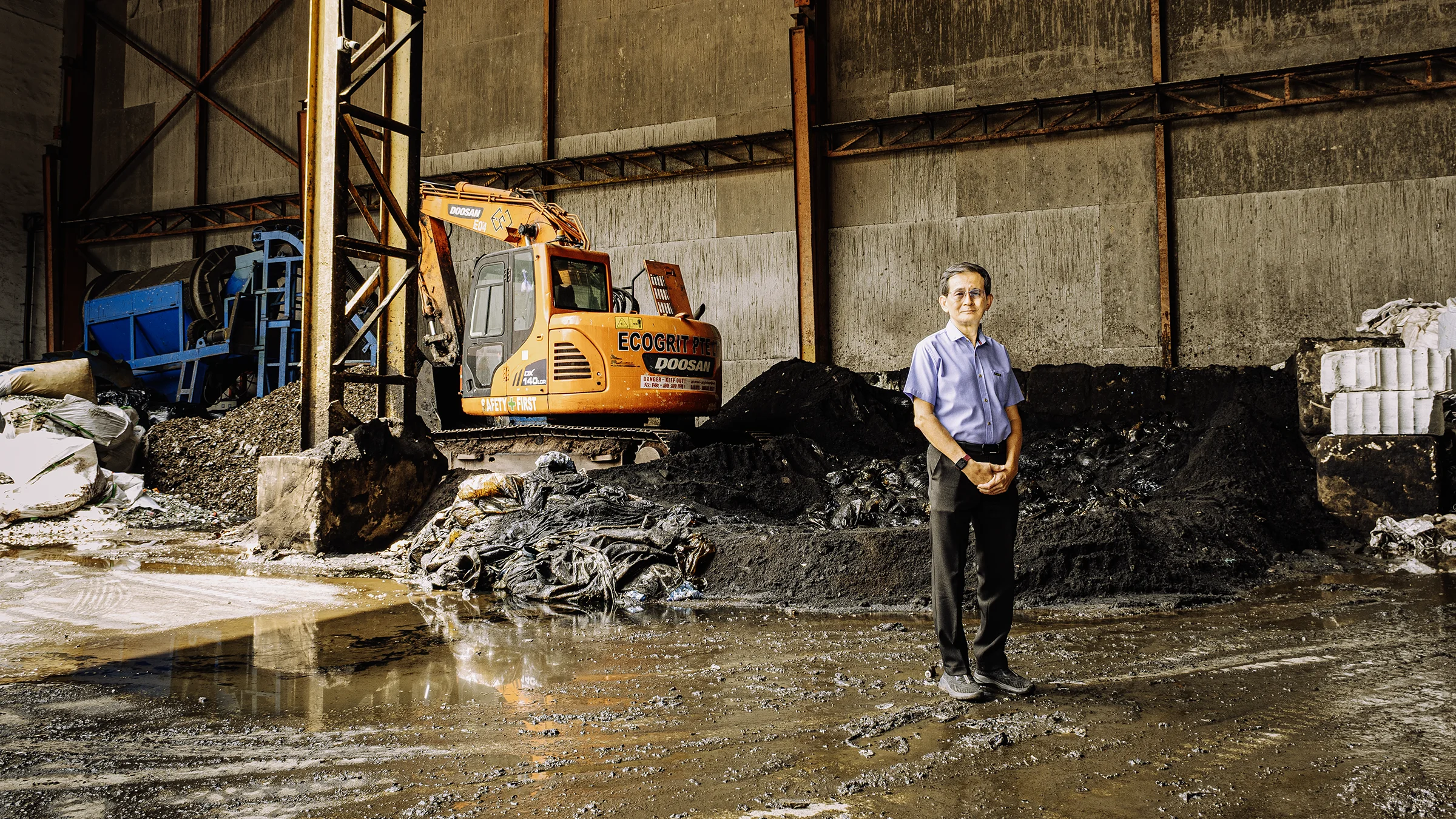
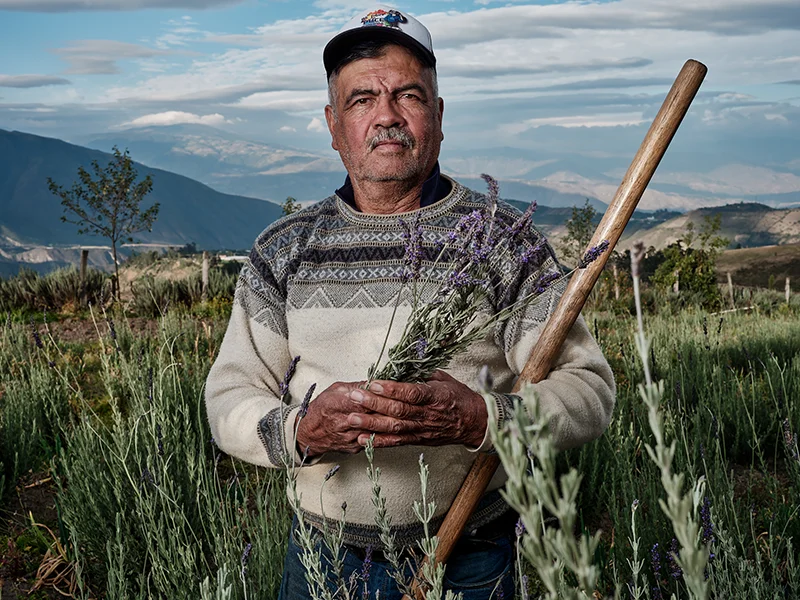
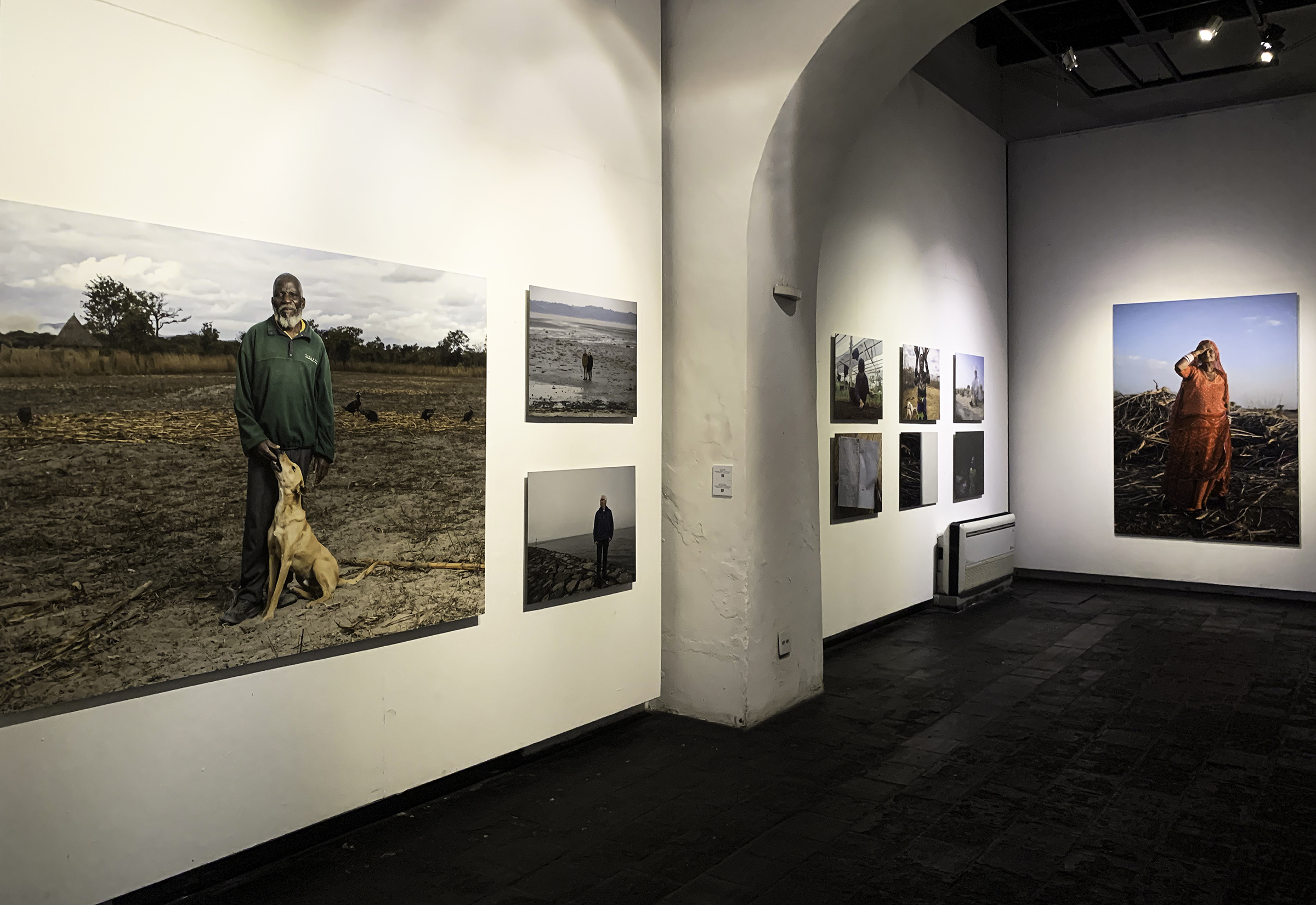
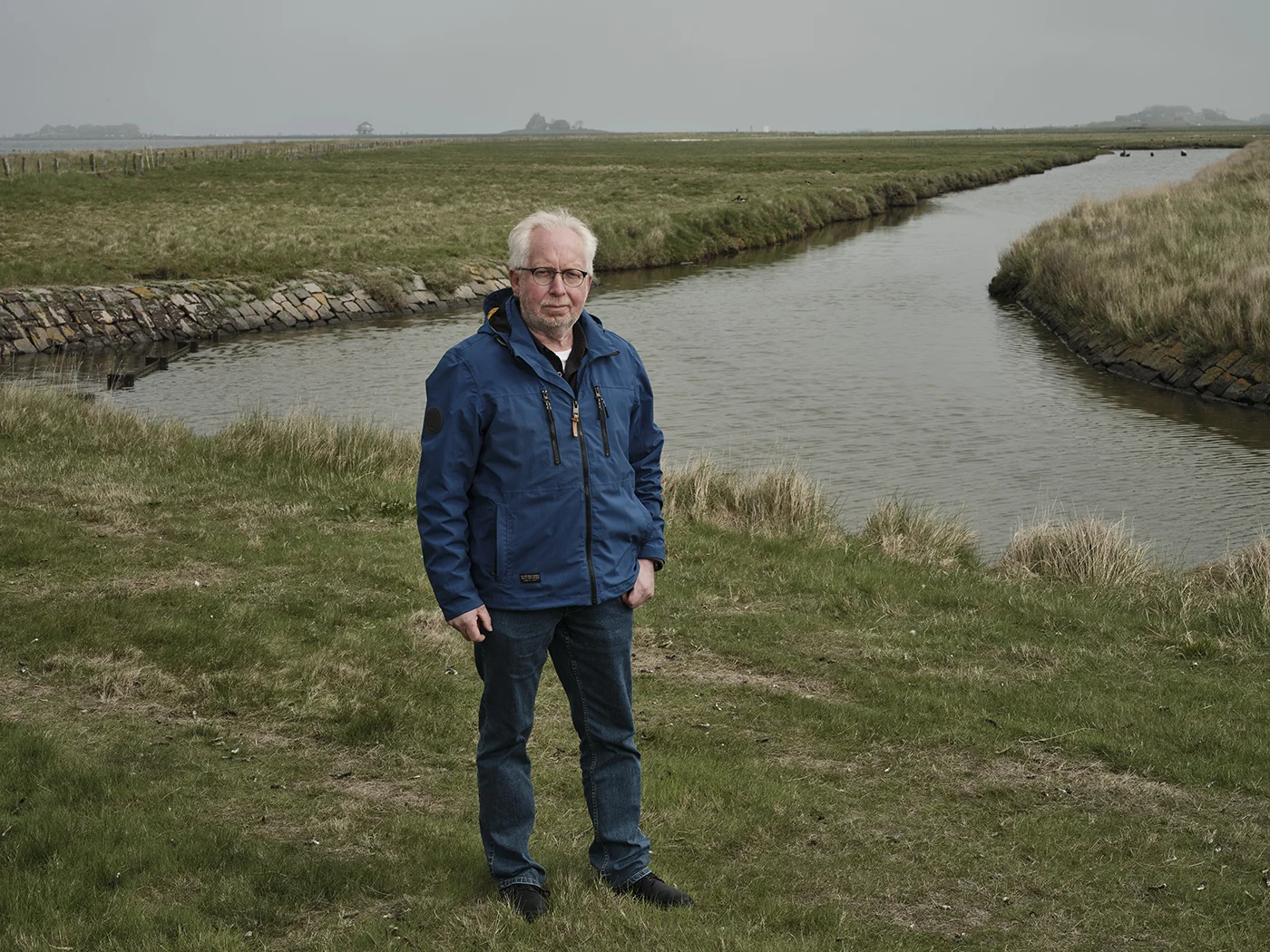
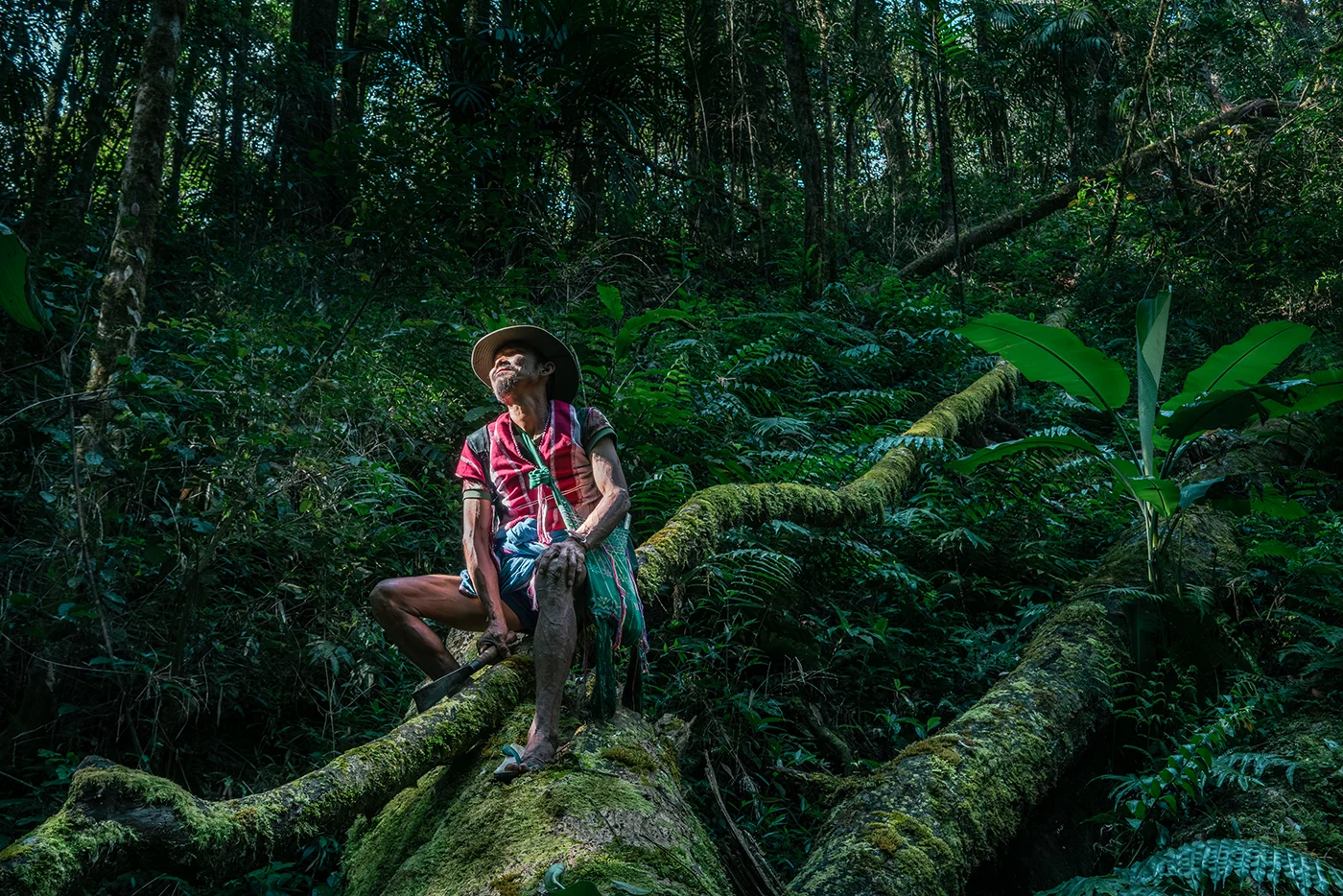
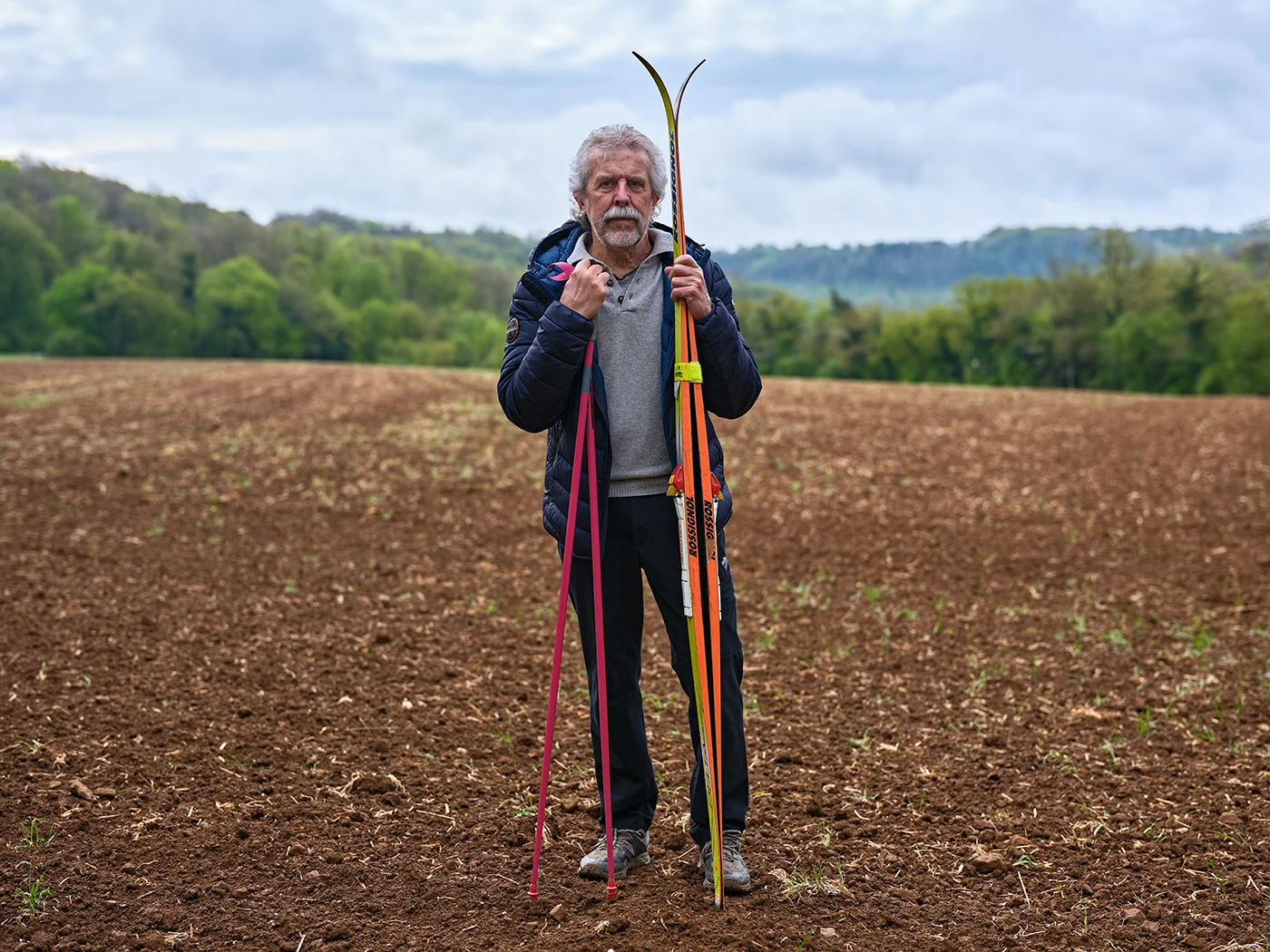








































.svg)






